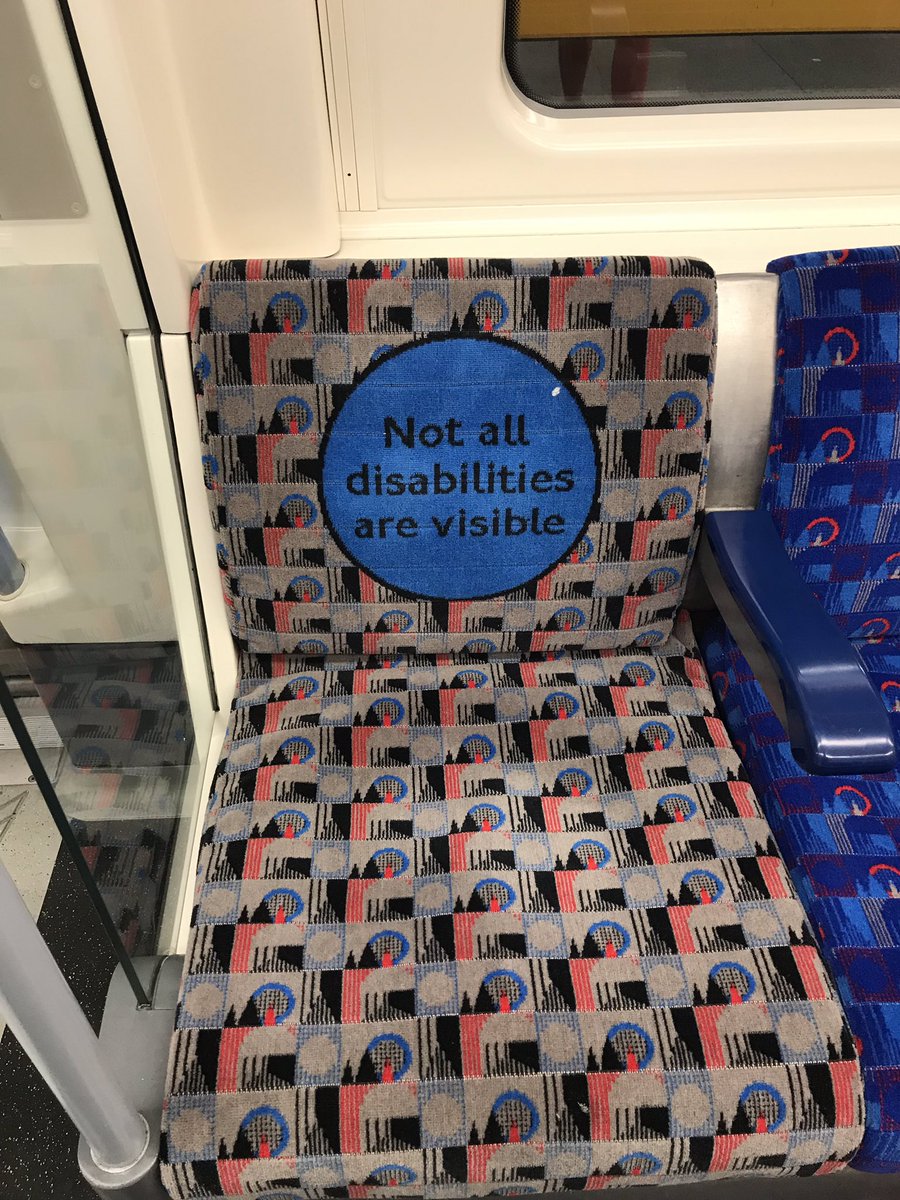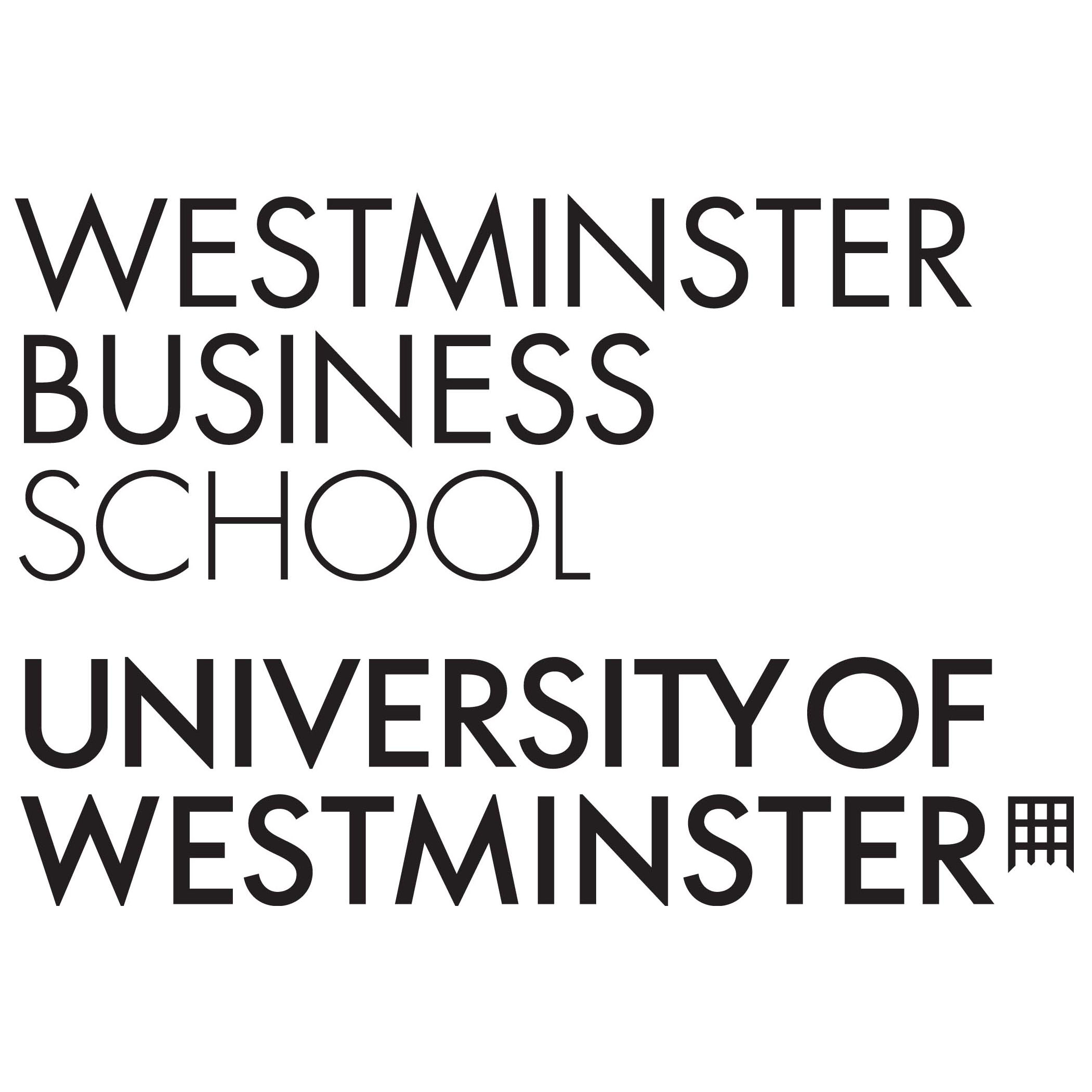Stereotyping. Discrimination. Bias. All struggles that students could face when moving abroad to London. Equality in education benefits students by making us feel included and valued. This helps our motivation with group work and collaborating in seminars to make connections and feel at home.
Why is ED&I so important in education?
Equality, Diversity and Inclusivity are three separate things. While they’re closely related, it’s important to look at the individual words and what they really mean.
“Equality” means that everyone should be treated the same and should have the same opportunities – not to be confused with “equity”, which is the recognition that one might experience more hardship and obstacles than the other, despite sharing the same goals and dreams (Chally, 2022).

“Diversity” is celebrating people’s differences and uniqueness. It welcomes everyone’s different backgrounds and identities.
“Inclusion” is about everyone being recognised for their talents. Everyone has their perspectives valued and heard.
“Diversity is a fact, but inclusion is a choice we make every day” – Nellie Borrero
(Pavlin, 2021)
Every student is entitled to a working environment where we can thrive together. Every student deserves the same opportunities. Regardless of your gender, sexual orientation, disability or race. That’s why it’s so important to make sure everyone feels comfortable in the learning environment.
Educational inequality in the UK
Here are some facts that reveal the extent of educational inequality in the UK:
- A child from a disadvantaged background is 18 months behind when they take their GCSEs (Books2All, 2020).
- A disadvantaged child is 3 times more likely to be excluded from school (Books2All, 2020).
- 6% of people are educated privately in the UK, but they account for 55% of students at Russell Group Universities (Silesbarcena, 2019).
- 8 times as many students from Richmond, London were accepted into the University of Cambridge between 2010 – 2015 than those from Blackpool, Hartlepool, Middlesbrough, Salford and Stoke combined (Silesbarcena, 2019).
Even though the UK is one of the biggest economies in the world, there are still social inequalities which impact disadvantaged students. So, the divide in society significantly segregates the disadvantaged from the privileged when it comes to education. That’s called the attainment gap.
As a Persian living abroad, I’ve had a couple experiences of being excluded and discriminated. I’ve also met a lot of people from different backgrounds and levels of class who have experienced disadvantages that others haven’t experienced. Discrimination like this is very common. As we are all members of society coming from different backgrounds and experiences, it’s important that we all take initiative to understand and respect each other. Get rid of any stereotypes you’ve learned – I believe that stereotyping is the main cause for segregation!
University of Westminster’s steps towards equality
The University of Westminster is the most culturally diverse university in the UK, with 170 different nationalities and 8,582 international students (Foulds, 2023).
Our university has taken many initiatives towards equality, diversity and inclusion. We have many different support groups that help students with disabilities, harassment and bullying. The university has partnered with the London Chamber of Commerce and Industry’s Black Business Association and Asian Business Association across 2023. By breaking down barriers, addressing inequalities and enabling connections, we will improve the prosperity of ethnic minority owned businesses in London.
Moving forward
We are all part of the learning environment at University of Westminster. As students, we need to ensure that we make everyone we interact with feel equal and included. We need to ensure we are showing equal amounts of respect to everyone in the classroom.
It’s important to take the initiative to learn about different cultures, religions and identities. Challenge any biases that may exist. Actively include others in discussions and group projects. Make sure to use inclusive language. And, lastly, make sure to speak up against discrimination and support those who were affected.
There’s an EDI committee at our university that makes recommendations to the University Executive Board. For more ways to get involved and make a difference, click here.
References
All On The Board (2019) To everyone with an invisible disability or an invisible illness, it may take time, but changes are being made. @allontheboard #invisibledisability #invisibleillness #disability #invisible #illness #hiddendisability #visible @tfl @mayoroflondon #london #allontheboard pic.twitter.com/CVEDAUJTPG, Twitter. Available at: https://twitter.com/allontheboard/status/1130084230745251842
Books2All (2020) Educational inequality in the UK – 7 shocking statistics, Books2All. Available at: https://books2all.co.uk/blog/2020/08/educational-inequality-in-the-uk/
Chally (2022) 56 inspirational diversity and inclusion quotes for the Workplace, Chally. Available at: https://chally.com/blog/inclusion-quotes/
Foulds, E. (2023) New Data Tool Shows Campus Diversity, Whatuni. Available at: https://www.whatuni.com/advice/choosing-a-uni/new-data-tool-shows-campus-diversity/62394/
Silesbarcena, I. (2019) Inequality in the UK higher education system, Inequality in the Uk Higher Education System. Available at: https://sites.manchester.ac.uk/global-social-challenges/2019/05/23/inequality-in-the-uk-higher-education-system/
Latta, L. (2021) Equity in education: Defining equity, equality, and standardization, Impact Tulsa. Available at: https://impacttulsa.org/2019/11/26/impacttulsa-equity-in-education-defining-equity/
Learning Cubs (2022) Bridging the attainment gap in the UK’s education system, Bridging the Attainment Gap in the UK’s Education System. Available at: https://www.learningcubs.co.uk/resources/bridging-the-attainment-gap-in-the-uk-education-system
Pavlin, K. (2021) Change is a choice., LinkedIn. Available at: https://www.linkedin.com/pulse/change-choice-karen-pavlin/
